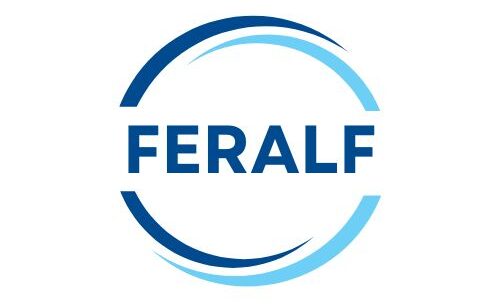Key Takeaways
- Comprehend the crucial first actions needed after a tragic wrongful death.
- Learn how to protect legal rights and collect necessary evidence effectively.
- Understand the critical role expert legal guidance plays throughout the claim process.
What Defines a Wrongful Death?
A wrongful death encompasses situations where an individual’s demise results from negligence or misconduct by another party. Typical scenarios include medical malpractice, fatal motor vehicle accidents, or the use of defective products. The legal grounds for these claims rest on established elements: the death of a person caused by another’s negligence, which in turn results in financial hardships for surviving family members, necessitating an appointed representative for the deceased’s estate. Recognizing these elements helps families understand their position when initiating a claim.
Immediate Steps to Take Following a Tragic Loss
The actions taken immediately after a loved one’s wrongful death have significant implications for potential legal proceedings. First and foremost, contacting emergency services ensures the event is officially documented, a critical step when pursuing a claim. Organizing vital documents, such as insurance policies, medical records, and the deceased’s will, is also paramount. This documentation lays a solid foundation for any future legal case, easing the path toward rightful compensation. Consulting experts like a wrongful death attorney Tampa, FL, can provide valuable guidance in navigating the complexities of the legal process and ensuring that the rights of the surviving family members are protected.
Gathering Evidence: Laying the Foundation for a Strong Case
Compiling evidence is a pivotal task that can determine the outcome of a wrongful death claim. Start by obtaining all relevant official reports, including police and medical records, which are primary sources of information. Collecting witness statements and any available video surveillance or photographs can further bolster the case. Consistently documenting all interactions with insurance companies and other parties ensures no detail is overlooked. This meticulous approach helps construct a robust narrative to support the claim.
The Role of a Wrongful Death Attorney
An experienced attorney is indispensable in navigating the labyrinth of wrongful death claims. Their role encompasses evaluating the case’s unique circumstances, advising on potential outcomes, and guiding decisions that align with the family’s best interests. Attorneys also streamline the litigation process, ensuring all legal documents are meticulously prepared and submitted on time, providing families with peace of mind and maximizing the likelihood of a favorable outcome.
Common Challenges Faced by Families in Wrongful Death Cases
Embarking on a wrongful death claim journey is fraught with potential challenges. Disputes over liability often arise, as parties may aim to deflect responsibility. Similarly, disagreements about fair compensation can lead to contentious negotiations. With the assistance of a wrongful death attorney, families are better equipped to anticipate and counter these challenges, armed with strategies to protect their interests and ensure that justice is served.
Statute of Limitations: Timing is Key
Understanding and adhering to the statute of limitations is crucial in wrongful death cases. Each state imposes deadlines within which claims must be filed. Missing these deadlines can result in the forfeiture of the right to pursue compensation. This highlights the importance of prompt consultation with a legal expert who can provide timely advice and ensure all legal actions are completed within the required timeframe.
Conclusion: Moving Forward with Clarity and Support
Facing a wrongful death claim is an arduous journey that intertwines legal and emotional challenges. Families should prioritize informed decision-making, blending the expertise of skilled attorneys with compassionate support from community resources and organizations. As emphasized by insights from Psychology Today, navigating both the legal and healing journey is essential for families striving to honor their loved one’s memory and achieve closure.









